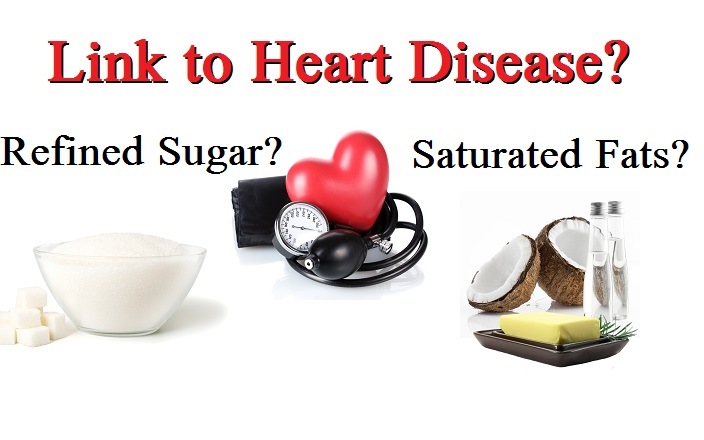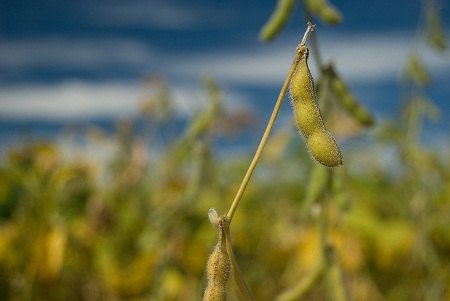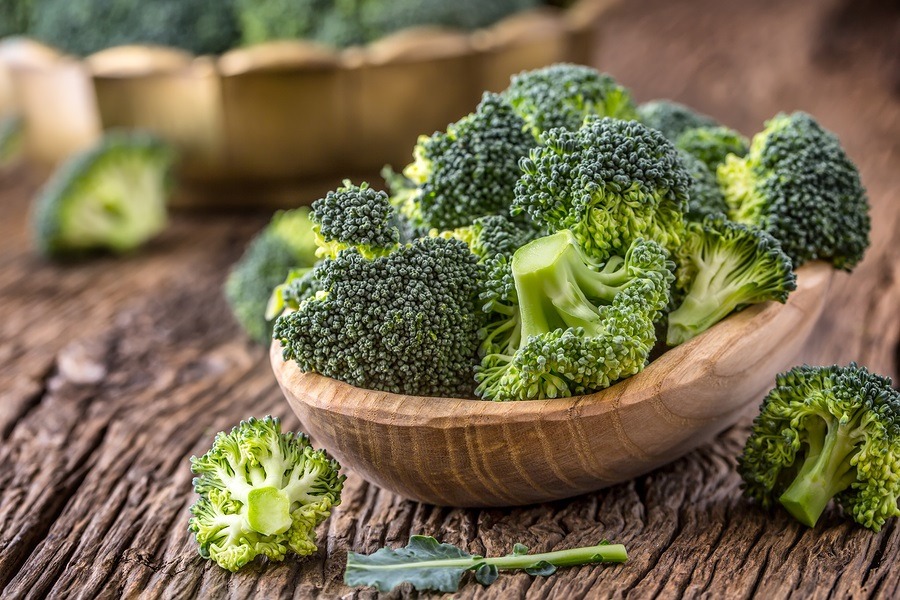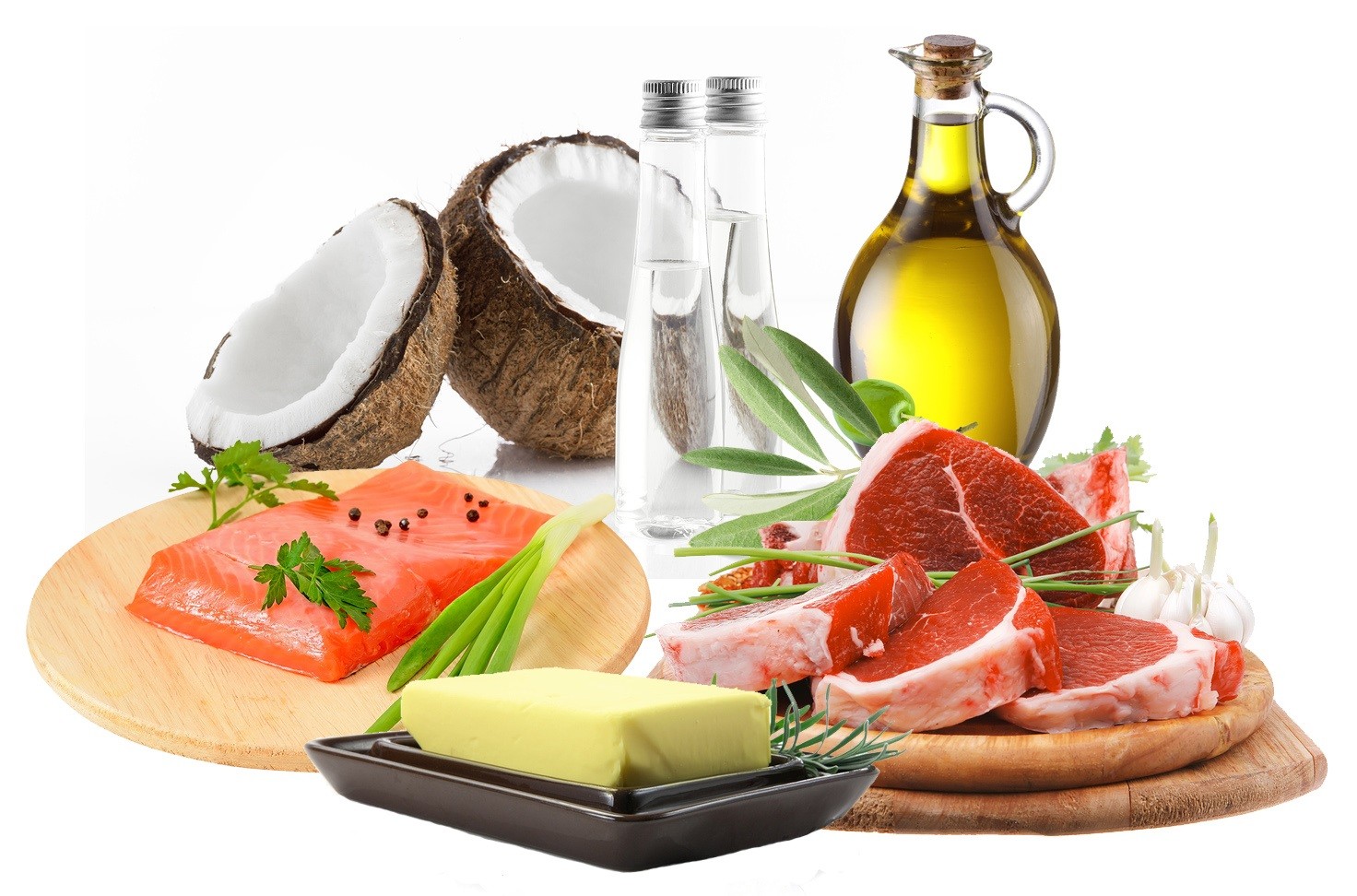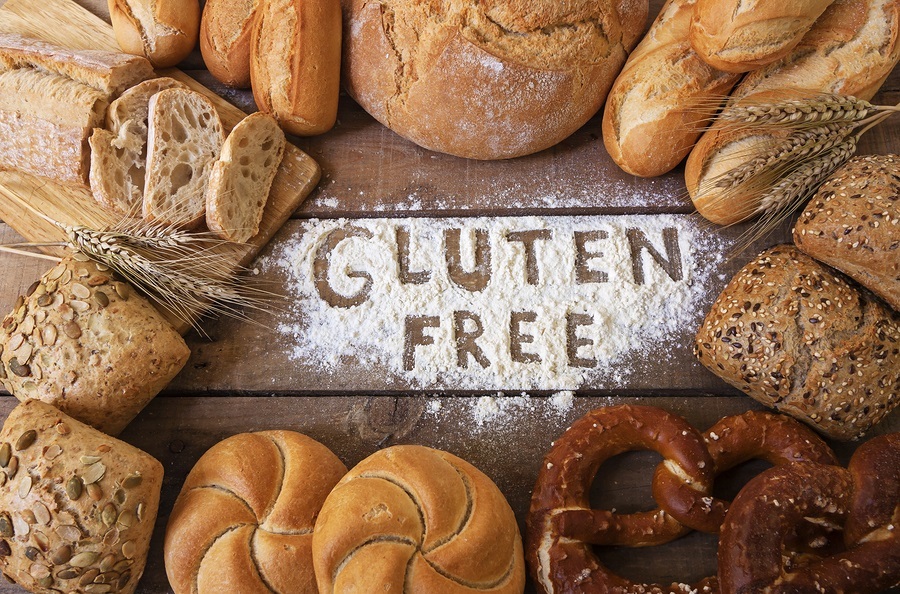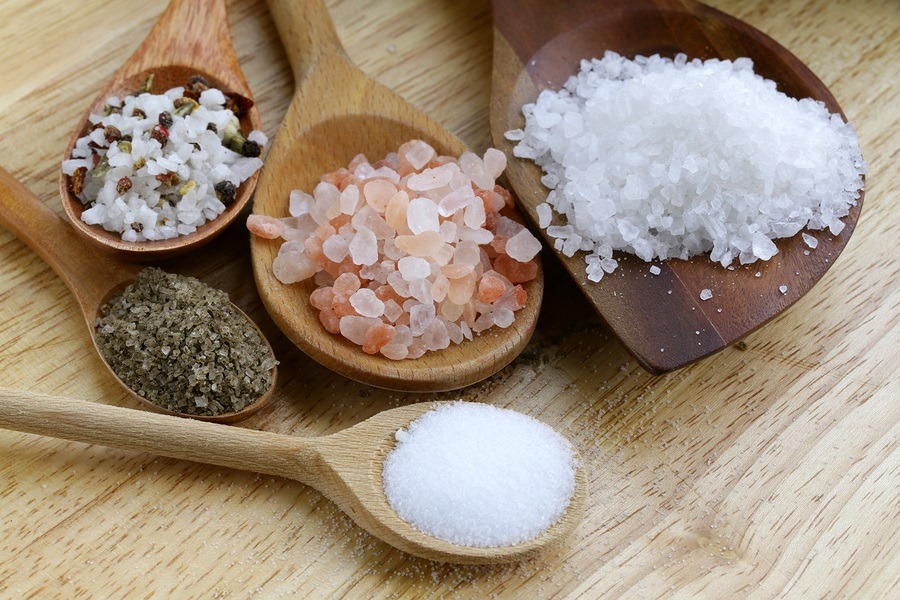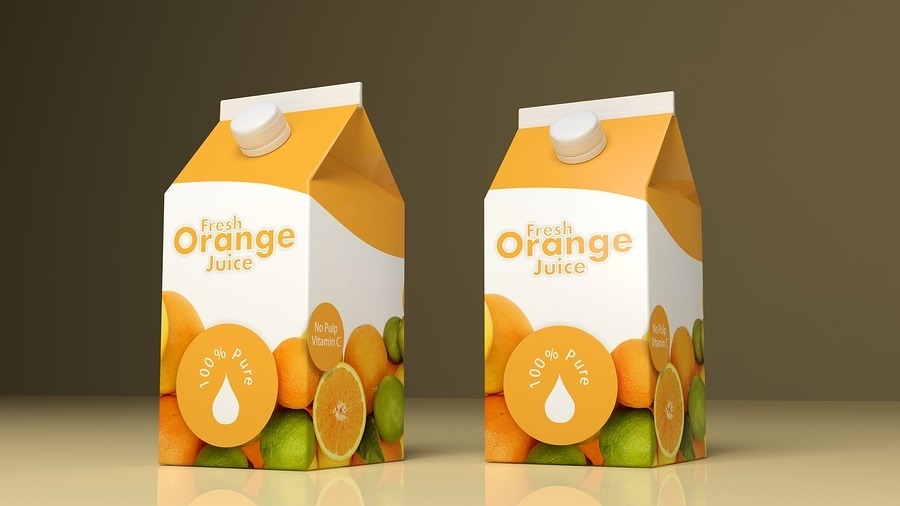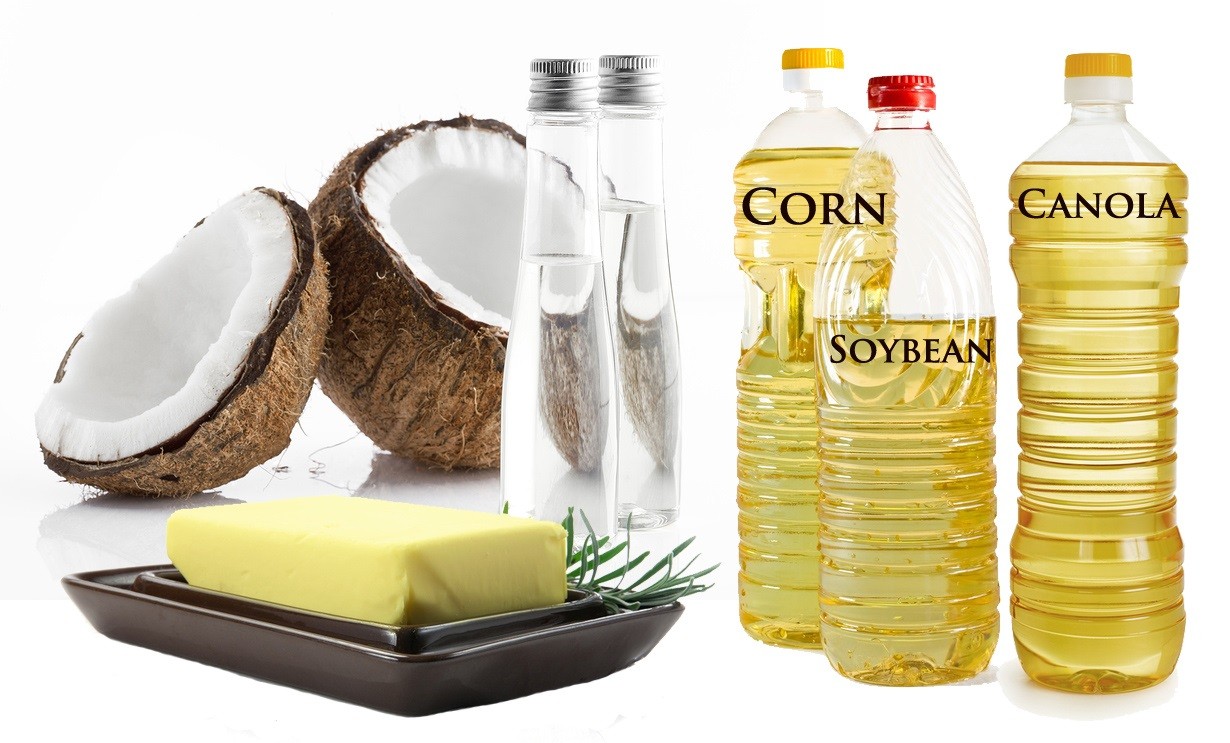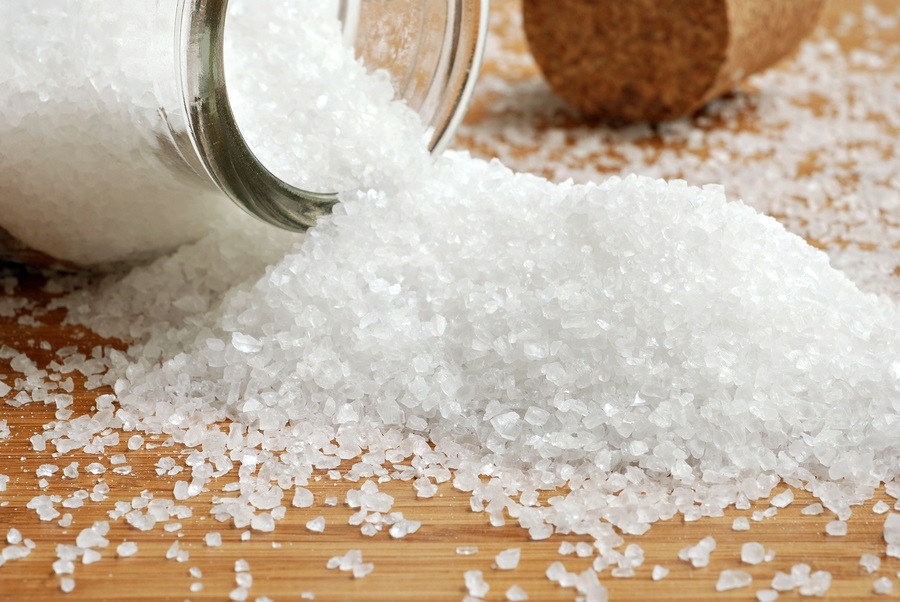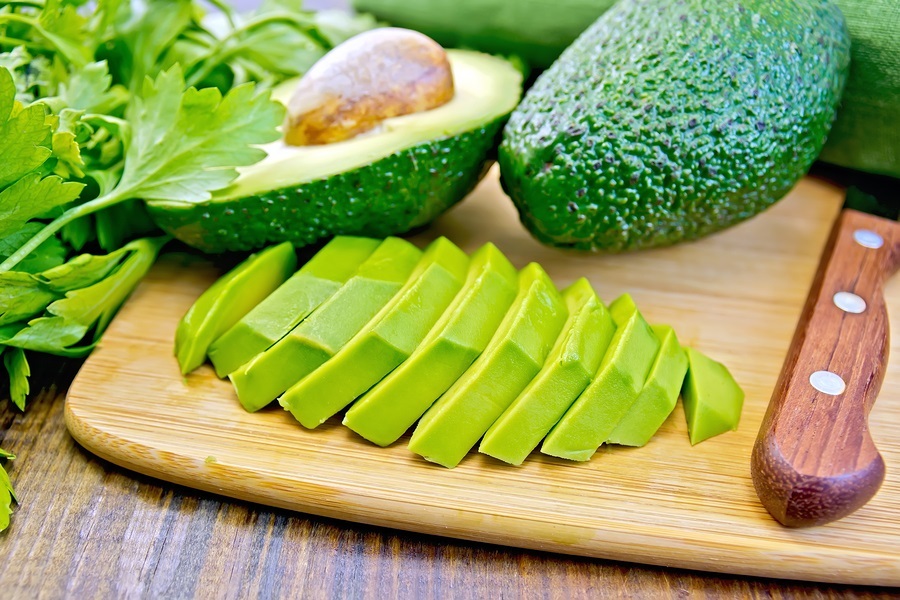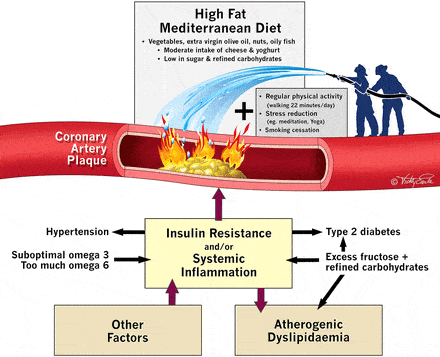News regarding traditional wisdom and native diets regarding nutrition.
Conquering Sugar: Online Program to Break Sugar Addiction
Sharon Porter, a certified Nutritional Therapy Practitioner, Restorative Wellness Practitioner, and the founder of Gut Level Nutrition LLC, is offering a 28-day online program to help people break their addiction to sugar. The first session begins Wednesday, January 10, 2018. She has helped hundreds of regular people resolve a wide variety of health challenges through dietary recommendations, and she especially enjoys helping her clients restore digestive wellness. She began practicing holistic nutrition in 2009, and culminated her 25-year nutrition education with her Nutritional Therapy Practitioner and Restorative Wellness Practitioner certifications in 2014. This is a 28-day program for people who want to vastly improve their health. Sugar is the most damaging, toxic, addictive substance that once removed from your diet will unleash tremendous improvements in your vitality. The program includes massive amounts of resources and support (including live help and interactions). The first week gets you emotionally and physically prepared. The second and third weeks are a complete sugar elimination phase. And the forth week helps you to re-integrate and maintain the gains you’ve accomplished.
Pumpkin Seeds are Anti-Cancer and Provide Many Other Health Benefits
When Halloween is approaching and through Thanksgiving, pumpkins are sighted everywhere. From Thanksgiving through the Christmas holidays pumpkin pies are popular. But few know that there are diabetes and cancer fighting properties in pumpkins, as well as inflammatory reducing and immune boosting properties. Pumpkins and pumpkin seeds contain cucurmosin, which is a type of inactivating protein. It is part of the Cucurbita moschata species, which includes pumpkin and squash that have developed the cucurmosin to protect the species from pathogenic microbes and fungi. Cucurmosin has been shown to induce apoptosis in various cancer cells tested. Pumpkin pie consumed on a daily basis is not the healthiest approach for taking in cucurmosin. Pumpkin seeds can be eaten daily. Raw organic shelled pumpkin seeds are available inexpensively in most health food stores or online.
Study: Is Canola Oil Consumption Linked to Alzheimer’s Disease?
Because of its lower cost, canola oil is ubiquitous in processed foods intended for the growing "health conscious" market. Now a recently published study is confirming the suspicions of those of us who refuse to use canola oil. Philadelphia Pennsylvania's Temple University conducted an animal study to determine the validity of canola oil's health claims. Their results were published in December 2017 in the journal Scientific Reports. The study was titled “Effect of canola oil consumption on memory, synapse and neuropathology in the triple transgenic mouse model of Alzheimer’s disease.” Could canola oil contribute to the onset of Alzheimer’s Disease?
Study: Long Term High-fat Ketogenic Diet is Healthy and Safe
A German study published November 11, 2017, in the journal Clinical Nutrition, shows no long-term negative effects for those following a high-fat, low-carb, moderate-protein ketogenic diet. Ketogenic dieting has been used successfully to reverse Alzheimer’s and reduce epileptic seizures in children. Some have even used extreme ketogenic dieting for inducing remission from their cancers. The ketogenic diet was developed in the 1920s at Johns Hopkins hospital to stop seizures in children who did not respond to anti-seizure drugs. The diet fell out of favor in recent years due to the negative press on saturated fats, and fears over the long-term consequences of eating large amounts of saturated fats. Ketogenic diets focus on high amounts of fat in the diet, including saturated fats, along with very restricted amounts of carbohydrates, in order to create ketones that bypass insulin resistance in brain cells and energize their metabolic functions in lieu of glucose. This has proven efficacious for other central nervous systems problems in addition to Alzheimer’s and epilepsy. The past doubts regarding the effects of using a ketogenic diet long term as one's main diet were centered on the “official” advice to avoid saturated fats because they supposedly raised cholesterol levels, which they claim increases the risk of cardiovascular heart disease. This current study proves that such fears are unfounded, and that a high-fat, low-carb, moderate-protein diet can safely be followed as a lifestyle choice, and not simply as a short-term therapeutic diet.
Public Health SCANDAL! Sugar Industry Hid Science Linking Sugar to Heart Disease – Blamed Saturated Fats and Cholesterol Instead
For the past year, a group of researchers with the Philip R. Lee Institute for Health Policy Studies at the University of California at San Francisco (UCSF), has reviewed historical scientific literature funded by the Sugar Research Foundation since the 1960s, which gives us a great perspective on how the war on saturated fats became public policy. These researchers at UCSF have revealed how the Sugar Research Foundation influenced Harvard medical researchers financially and otherwise to report open-ended inconclusive research that omitted a lot of conclusive negative health data. Their first article was published in the Journal of the American Medical Association (JAMA Internal Medicine) in 2016. The title of the study is Sugar Industry and Coronary Heart Disease Research: A Historical Analysis of Internal Industry Documents. The New York Times, which has given some press to exposing the saturated fat myth for about ten years now, was one of the few mainstream media outlets that covered the UCSF study: "How the Sugar Industry Shifted Blame to Fat." NPR was another news source that covered the UCSF study in 2016: "50 Years Ago, Sugar Industry Quietly Paid Scientists To Point Blame At Fat." The same UCSF team of researchers had another paper published last month (November 2017) by the open access journal PLOS Biology titled, "Sugar industry sponsorship of germ-free rodent studies linking sucrose to hyperlipidemia and cancer: An historical analysis of internal documents.” The UCSF researchers managed to get research data that was never published. The study was not completed because the sugar industry was not getting the pro-sugar “science” they had sought. The science actually led to the conclusion that refined sugar is implicated in heart disease and cancer.
Soy — Health Food or Not?
It’s a controversial topic in the culinary world today — the perception some have that soy is a health food. Soybeans in the pod, you may know, look a little like short, puffy, green peas with peach fuzz on the outside. Representatives from the U.S. Food and Drug Administration (FDA) just announced a boomerang-like decision on how soy protein should be viewed from now on. In fact, the agency is proposing to revoke its long-held stance that soy protein can lower your heart disease risk. The current claim, which you may have seen on various food packages, reads: “25 grams of soy protein a day, as part of a diet low in saturated fat and cholesterol, may reduce the risk of heart disease.” Many health advocates claim soy must be good for you because Asian people — arguably one of the healthiest populations on the planet — have eaten it a lot, and have some of the lowest rates of heart disease, cancer and dementia worldwide, so, it appears, the rest of the world should eat soy protein products, too. However, the type of soy traditionally consumed by Asian people differs from that being heavily marketed in the U.S. Soy rose seemingly from nowhere into the American consciousness in the late 20th century. In 1999, the FDA allowed food producers to claim that soy protein was heart healthy, but continuing research has convinced government officials to take a closer look. Incidentally, there are 12 health claims sanctioned by the FDA for packaged foods, including the continued (and false) insistence that saturated fat is the culprit behind heart disease.
Study: Broccoli Good for Leaky Gut and Other Digestive Problems
Among cruciferous vegetables, which include cauliflower, cabbage, and Brussel sprouts, broccoli seems to be the most researched for its antioxidant, cancer preventative, and anti-carcinogen qualities. A 2017 study at Penn State University was centered on how broccoli and cruciferous vegetables may affect gut health, including permeability or leaky gut and other gut disturbances. Leaky gut or gut permeability has been brought to the forefront of medical concern since it has been determined to be a source of many other maladies. Two major reasons for this are: 1. It blocks nutrient absorption from the small intestines into the blood stream. 2. It allows toxins from ingested foods to escape the elimination process and enter the blood stream. These two concerns align with what Dr. Max Gerson, who created the Gerson Therapy for cancer and chronic disease, had proposed circa 1950 as the major causes of cancer and other non-infectious diseases, insufficient nutrition and overwhelming environmental toxicity.
Are Government Nutrition Recommendations Killing Us?
Latest research suggests government nutritional advice is likely killing us. The study, published in The Lancet, is the first major study to look at all-cause mortality and cardiovascular disease and nutrition. Here are just two of the major takeaways: 1. High carb diets are killing many of us around the world. The study tracked over 135,000 people aged between 35 and 70 from 18 countries; those on a low fat/high carb diet had an increased risk of early death compared to those on a lower carb/higher fat diet. 2. Raw and cooked vegetables are not created equal. Broadly speaking, the study showed that consumption of raw vegetables was more protective against cardiovascular disease than cooked vegetables. As our colleagues at ANH-International point out, many phytochemicals, vitamins, and other nutrients are heat-sensitive and may be damaged by heat. These findings, particularly on fat versus carbs, echo our criticisms of the government’s Dietary Guidelines for Americans that were released in 2016. Those guidelines encourage Americans to reduce consumption of saturated fat, based on the outdated notion that fat leads to heart disease. Don’t wait until 2020 when the US government next updates its Dietary Guidelines. History tells us the revised guidelines won’t change much. Pressure from Big Food, Big Ag, Big Biotech and their revolving doors with the USDA, NIH and FDA will likely still override the state-of-the-art of nutritional science. The bottom line is that government should not be in charge of doling out nutrition advice.
Study: High Fat Ketogenic Diet Enhances Gut Microbiota in Healing Epilepsy
Health Impact News has reported on many of the disease reversing results of the ketogenic (high fat-moderate protein-low carb) diet. Now, a new study is looking at the positive effects of gut bacteria among those following a ketogenic diet for epilepsy. Even though Johns Hopkins used a ketogenic diet for curing epilepsy over 80 years ago, when medical drugs did not help epilepsy effectively, mainstream medicine continues to rely on new and expensive toxic drugs for epileptic children. The “cocktail” combinations of pharmaceutical drugs prescribed often worsens childhood epilepsy. Health Impact News previously published a report on how a four year old child with refractory epilepsy (not treatable with pharmaceutical medications), was treated at the Rochester, Minnesota Mayo Clinic using a ketogenic diet. At first, the child was also kept on pharmaceuticals. The results were poor until he was taken off the medications; then he began healing completely. A new Chinese study on pediatric epileptic cases may even draw the attention of mainstream medical professionals, due to the results seen in children's gut microbiota structure when following a high-fat ketogenic diet.
Study: Those Following a High Fat Diet Live Longest
A ketogenic diet — which is very low in net carbohydrates and high in healthy fats — is key for boosting mitochondrial function. Healthy fats also play an important role in maintaining your body's electrical system. When your body is able to burn fat for fuel, your liver creates water-soluble fats called ketones that burn far more efficiently than carbs, thereby creating fewer reactive oxygen species (ROS) and secondary free radicals. Ketones also decrease inflammation, improve glucose metabolism and aid the building of muscle mass. The benefits of a cyclical ketogenic diet are detailed in my latest bestselling book, "Fat for Fuel." While the book was peer-reviewed by over a dozen health experts and scientists, a new large-scale international study (known as the international Prospective Urban Rural Epidemiology, or PURE, study) adds further weight to the premise that high intakes of healthy fats — especially saturated fats — boost health and longevity.
Is the Gluten Intolerance “Epidemic” as Bad as Claimed or a Clever Marketing Tool?
Currently grains, especially wheat, are blamed for most of our digestive ills, which are rampant within a variety of autoimmune diseases, Crohn's, IBS, and leaky gut syndromes that create other diseases. Now we have the gluten free rage, similar to the low or no fat crazes of the past. The commercial food industry “solutions” for the faulty lipid theory of obesity and heart disease, which is a "low-fat diet," has probably created more cases of obesity and heart disease than what had previously existed. So how will this current gluten free fad pan out? Gluten free labels have become such a food industry marketing tool that it’s put on foods and beverages that have nothing to do with wheat or grains. This marketing tool seems to be working for the food industry. But are the proclamations from recent books and the food industry marketing feeding into the anti-grain hysteria? A 2015 Italian study demonstrated that most of those who think they are gluten sensitive actually are not.
The Great Salt-Sodium Hoax: Eating More Salt Might Actually Save Your Life
Despite the growing evidence that low sodium causes more harm than high sodium, and using unprocessed salt has more benefits than commercial processed table salt, the mostly unsubstantiated belief that salt needs to be demonized persists. The revelations of good science are continually crushed by the pressures of public health policy. Dr. Kendrick explains that the low sodium diets seem to forget that salt is composed of two molecules, salt (Na) and chloride (Cl). The chemical formula for salt is NaCl, or sodium chloride, which is salt. He quotes a study that warned low serum chlorine was more dangerous than previously considered, concluding: "Low, not high Serum Cl- (<100 mEq/L), is associated with greater mortality risk independent of obvious confounders. Further studies are needed to elucidate the relation between Cl- and risk." Dr. James DiNicolantonio, Pharm. D., is the author of recently (2017) published book, The Salt Fix: Why the Experts Got It All Wrong--and How Eating More Might Save Your Life .
The Trade Secrets Behind Store-bought “Fresh Squeezed” or “Not From Concentrate” Orange Juice
You’ve seen them and maybe you’ve bought them, cartons and plastic bottles of orange juice labeled "freshly squeezed." But there are some relatively unknown trade secrets that will question the validity of these marketing claims for orange juice. "Freshly squeezed" does not mean they are not highly processed. Juices with short shelf lives are financially risky. Regardless of how “natural” the carton or bottle ingredients read, there are chemical additives to keep them from spoiling during storage, shipping, and time in store refrigerators. The process of supplying orange juice or other juices that are labeled “not from concentrate” involves sleight of hand maneuvers hidden from label exposure. Again, because of seasonal growth and juicing, these juices can’t last forever. So the juices that are freshly squeezed from oranges are stored in large tanks. Then the oxygen is sucked out of the tanks to prevent spoilage. This process is known as “de-aeration,” and it allows the juice to be stored for a year in large tanks. But this process removes a lot of the flavor that either Valencia or Hamlin Florida oranges offer at different seasons. So the orange juice producers contract fragrance producers to supply them with processed flavors to give the desired taste.
Study: Vegetable Oils Contribute to Fatty Liver Disease – Saturated Fats Do Not
Nonalcoholic fatty liver disease (NAFLD) is rapidly becoming an international epidemic. The mainstream medical mantra for its underlying cause is "fat consumption." However, "fat" is a very general term and does not distinguish between traditional healthy fats and unhealthy modern processed fats and oils. The common belief is that saturated fat is the culprit in fatty liver disease, but a new study published in the July 4, 2017 European Journal of Nutrition comes to a different conclusion. This peer reviewed study, "Chronic consumption of fructose in combination with trans fatty acids but not with saturated fatty acids induces nonalcoholic steatohepatitis with fibrosis in rats," examined more closely the effects of trans fatty acids (from vegetable oils derived from corn and soybeans) versus saturated fats, found in traditional fats such as butter, coconut oil, and palm oil. The study’s title gives away their conclusion: fructose is bad for the liver, but it is worse with trans fats than it is with saturated fats.
Meta-Analysis Study: Whole Fat Dairy Healthy, Saturated Fats Myth Exposed
A 2017 meta-analysis of 29 studies has concluded that consuming dietary dairy fat has no negative effects on all cause mortality or mortality from cardiovascular disease (CVD) and coronary heart disease (CHD). This includes dairy fats of all types. One of the researchers, Ian Givens of England’s Reading University, commented on the record: “There’s been a lot of publicity over the last 5 to 10 years about how saturated fats increase the risk of cardiovascular disease and a belief has grown up that they must increase the risk, but they don’t.” Actually, dairy and other animal sourced saturated fats have been wrongly condemned as a contributor to obesity and higher cardiovascular risk since Ancel Keys' notorious seven countries study over 50 years ago, which spawned the “lipid theory” of heart disease and obesity.
Are You Consuming Plastic with Your Sea Salt?
When plastic garbage makes its way to the sea, it eventually breaks down into tiny fragments that return to us in salty seasonings, Malaysian researchers report in Scientific Reports. In a survey of 16 sea salts from eight countries, researchers found microplastic particles lurking in all but one. In total, the researchers collected 72 particles from the salts and used micro-Raman spectroscopy to identify their components, which were mainly plastic polymers and pigments.
The Connection Between Insulin Resistance and the High-Carb, Low-Fat Diet
One of the absolute worst things conventional medicine does is treat type 2 diabetics with insulin. This only exacerbates the problem. The key to treating and reversing type 2 diabetes is to cut down on net carbs, replacing them with high amounts of healthy fats and moderate amounts of protein. Dr. Tim Noakes has researched reversal of type 2 diabetes in South Africans, coming to the same conclusion.
The Diet Police: Harassing Doctors Who Promote Low-Carb High-Fat Dieting
LCHF stands for a low carbohydrate and high fat diet. Not only does this diet protocol threaten the official nutritional dietary dogma of high carbohydrates and low fats (including NO saturated fats, as per USDA nutritional guidelines), promoting LCHF also threatens the sugar and processed food industries where it hurts, financially. So as with all things proven unscientific that support current industrial endeavors, promoting accurate current science to upset all endeavors associated with misinformation warrants attacks on the messengers while suppressing their scientific evidence. The science behind LCHF has been known at least since the 1920's when the ketogenic diet was developed at Johns Hopkins Hospital as a cure for childhood epilepsy, being used when drugs failed. Dr. Tim Noakes, MD, a South African scientist and emeritus professor at University of Cape Town’s Division of Exercise Science and Sports Medicine was attacked by nutrition officials almost three years ago in 2014. After three years of public court room hearings, with all its legal expenses and stressful distractions, he was recently acquitted.
The Big Fat Lie is Officially Exposed in the British Medical Journal
The saturated fat lie is officially exposed now that the British Journal of Sports Medicine, a division of the BMJ (British Medical Journal) emphatically declared: “Saturated fat does not clog the arteries: coronary heart disease is a chronic inflammatory condition, the risk of which can be effectively reduced from healthy lifestyle interventions.” The beginning of this very recent BMJ letter, 31 March 2017, reviewing several mega-studies, states early in their editorial: “Despite popular belief among doctors and the public, the conceptual model of dietary saturated fat clogging a pipe is just plain wrong.” Wrong, unequivocally and indisputably, not maybe or could be or further studies needed, but completely wrong. It’s over. And the root cause of arterial inflammation is cited with dietary recommendations that lean toward the Mediterranean Diet.








